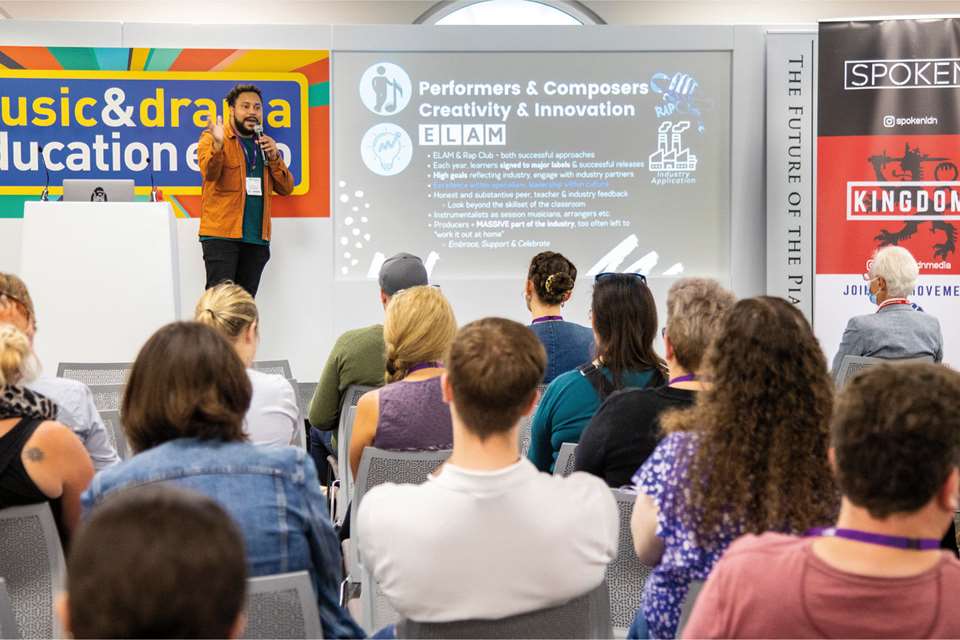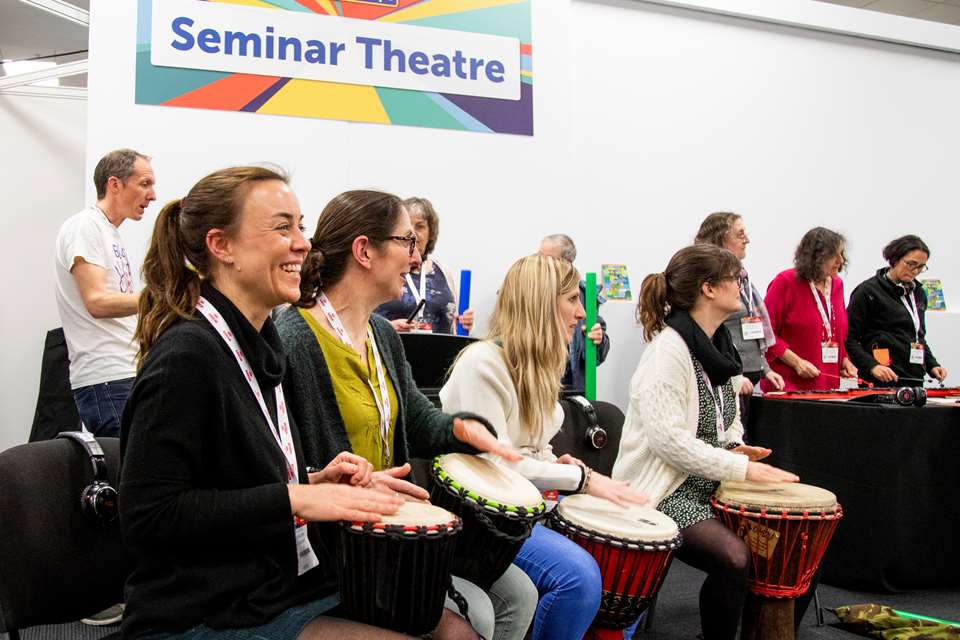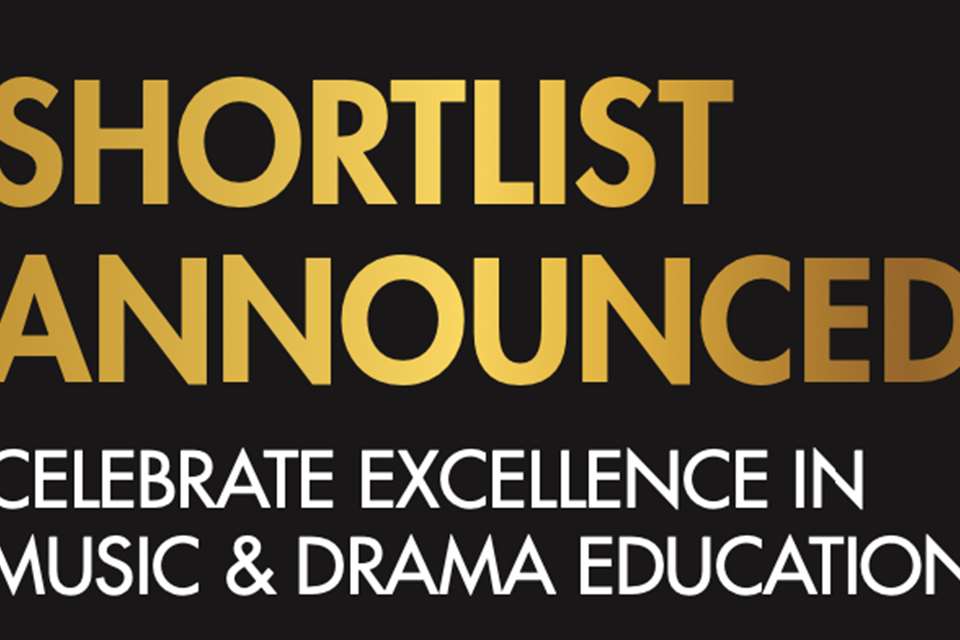Ben Turner interview: The music teacher bias
Hattie Fisk
Saturday, January 1, 2022
Stormzy, Dua Lipa or Aitch might not be the first artists who come to mind when you think of music lessons. Hattie Fisk speaks to director of music at East London Arts and Music (ELAM) and Rap Club founder Ben Turner, who believes the passions of each student should be reflected in their music lessons, whatever the genre.
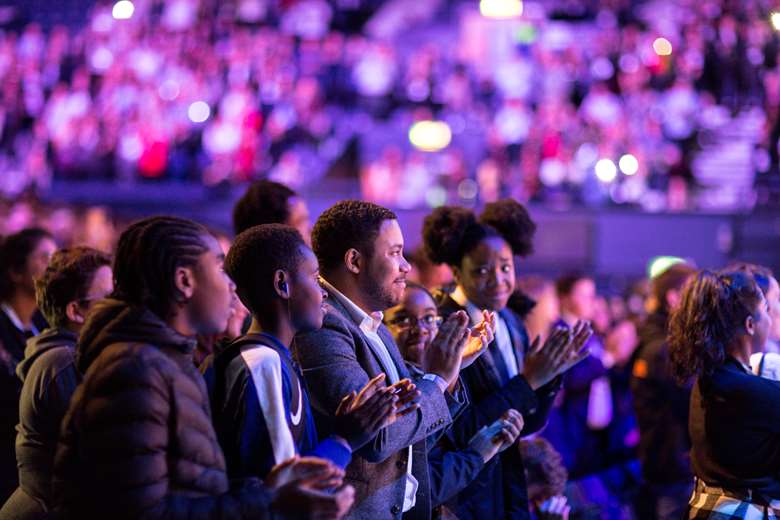
One day, early on in Ben Turner's career when he was teaching in a school in Croydon, he reluctantly gave a Year 9 student a detention for disrupting his music class. During the detention, Turner asked the student what music they liked, provoking a surprising response. ‘The energy and excitement the student had about the music in comparison to about what I was teaching was massive, and it came from a student who was quite disengaged,’ recalls Turner. Despite the music in question being ‘quite violent drill music’, this sparked Turner to integrate new methods of learning into his detentions, bringing the interests and passions of his pupils into discussions and exercises.
‘I started giving students a bit of space to share their own interests and write new things but guiding them away from the violence associated with some of their music,' says Turner. When other Year 9s cottoned on to his sessions, they started asking for ‘detentions’ too, and the after-school Rap Club was born. Since then, the group has excelled in engaging young people in music – even performing at Wembley Stadium three times – with too many success stories to count. Turner has also brought his new methods into the classroom, incorporating the interests of students into lessons and blending that with the set curriculum.
The music teacher bias
At 2021's Music & Drama Education Expo, Turner hosted a session on ‘The Music Teacher Bias’, detailing the preconceptions he believes every teacher brings to the music classroom, and how these can impact the relationship students have with the subject. ‘We're led by our own bias in terms of what is important to teach, and those perspectives aren't always what the kids actually want, but also (most importantly) what they need for their future careers,’ Turner says now.
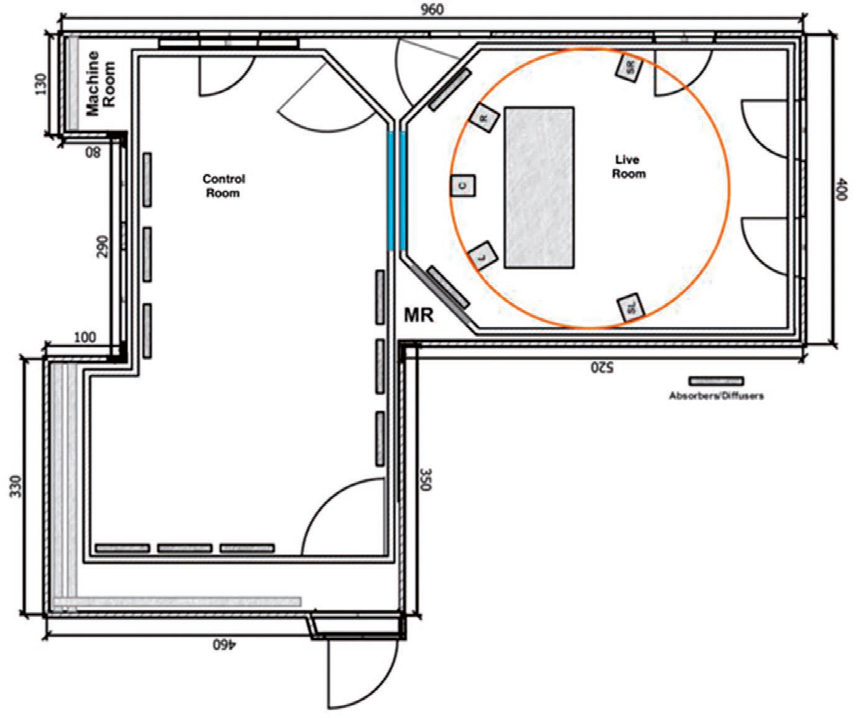
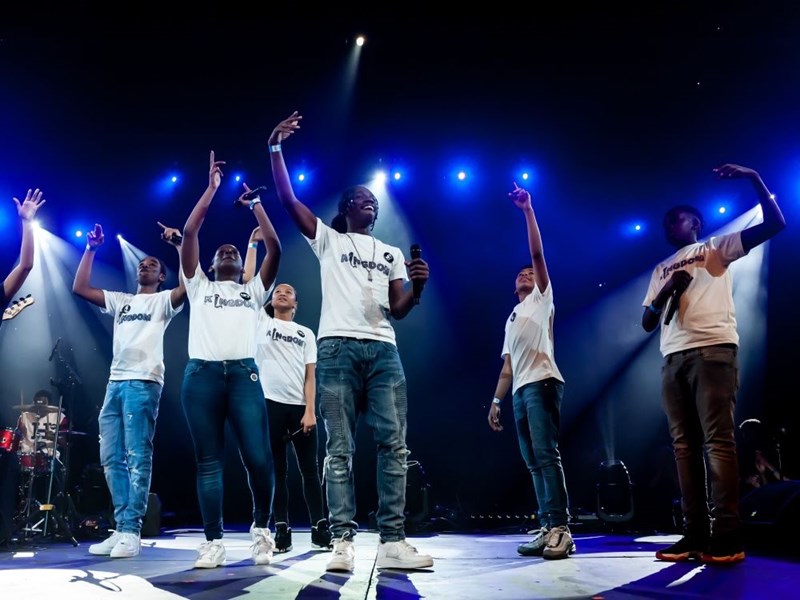
Rap Club members performing at Wembley Stadium
While acknowledging that it is a widely accepted belief that we should be broadening horizons in music education with traditional composers and genres, Turner argues that ‘in many ways we are not doing this for the benefit of the students’ or their futures. He continues: ‘In many cases, we are focusing in on areas that have a very limited careers capacity. We need to try looking past what we perceive as being a good music education. We need to look primarily at a student's passions and put them at the forefront.’
Involving all genres and styles of music in the classroom can provoke hot debate surrounding what is acceptable to teach, and what should be left at the door. Turner says the argument that rap should be left outside of the classroom because it can be quite violent is something that makes him feel deeply uncomfortable. ‘The issue with that is that by excluding it from the classroom, you are not excluding it from the kids' lives. If anything, you are abandoning it to the negative influences that we're worried about. What you are telling students by doing that is that the music is violent, and therefore you have to listen to it in those violent spaces or within those negative areas.’
Turner suggests that teachers have the capacity to embrace these genres and, as such, impact and influence it: ‘In the Rap Club project, I've seen so many young people transition from dangerous situations. Students can start with aggressive lyrics, and gradually, with guidance, they start to have nuance, and write about things personal to them. Suddenly, you have a skilled lyricist in your class.’ As a music teacher – a role that Turner believes ‘teaches culture’ – integrating a genre into your class that is relatable and relevant to the student can create thorough engagement with the medium of music. By embracing cultures that students can relate to and are passionate about, which covers much more than rap cultures, it can create a safe and inclusive environment for students to express themselves.
Using Turner's method in the classroom
When it comes to tackling the ‘music teacher bias’, Turner's process is about using the passions of students as a starting point and using the fusion of genres as a key element to expand his student's knowledge from there. ‘I think the key thing is authenticity,’ says Turner when asked about using the artists students like in an ‘academic’ way. ‘I don't think it's about getting students to listen to Mozart by starting with Stormzy, for example, but rather [getting them] to look at Stormzy's work, assess it, analyse it and understand what the lyrics are doing. There is so much richness out there to explore.’ Turner also warns against attempting to teach pop music by starting with the Beatles or teach rap with Eminem – or another ‘usual suspect’ – and instead suggests choosing more current options.
‘My approach to the classroom is first and foremost authenticity and excellence,' Turner says. This method seems to be working for Turner and his students – he shares a story about a group of students really into rap who were excited about the concept of collaborating with a string group or a brass band in the future.

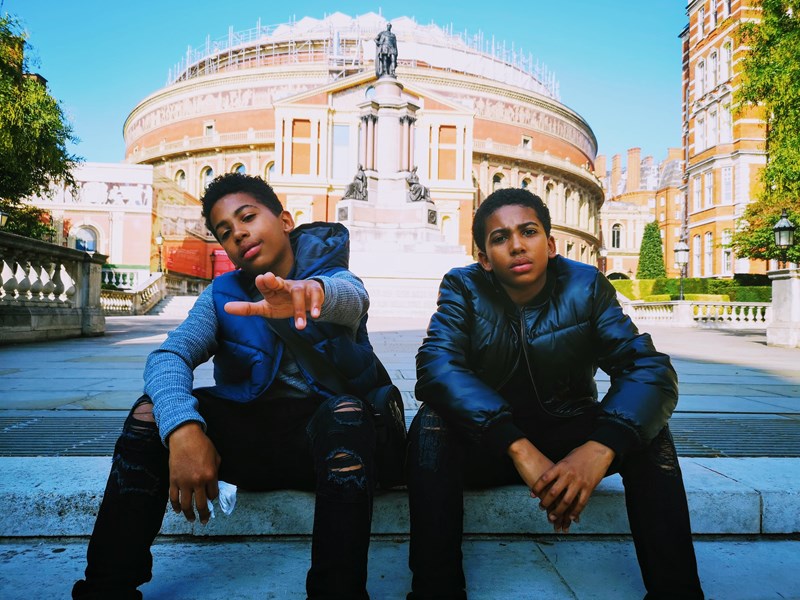
Rap Club students outside the Royal Albert Hall
A careers focus
Not only has Turner found that it is crucial to promote engagement in the class, but he also believes in tailoring what is taught in the classroom to prepare students for what the music industry demands of them. ELAM has promising connections to the music industry, and a strong system of feeding students through to relevant roles to start their careers. Even prior to working at ELAM, Turner valued the importance of teaching all elements of music in the classroom, and he tells me about a number of students who have gone on to be successful producers or agents, as well as performers. Turner says that ‘letting the industry be a focal point for what we teach and how we teach’ is important, and something many schools are starting to adopt.
On reflection, Turner says that earlier in his career he was teaching through the lens of Western classical music to the detriment of his students. ‘When we analysed pop music, we would look at it on a sheet layout on a written score, despite the fact that nowadays a session musician is far more likely to just hear a piece of music and have to perform by ear, rather than read music. From this, we aren't reflective of the industry in the classroom.’
Similarly, when Turner approached ‘African drumming’ in the first term of teaching, he admits: ‘It was completely inauthentic. It was ultimately rhythm, but through the guise of saying we were doing “African drumming”. But even then, it was through a Western classical lens in terms of the terminology or notation.’ Turner compares this with his current method, focusing on a student's specialism first and working from there. ‘This helps with engagement, but I think more importantly, it helps with a student's understanding, as it is coming from an authentic place.’ Looking back, Turner sees how his own passion for jazz may have led him to present certain genres as ‘more important’ than others. He suggests that ‘by giving students the lead and getting them to define what is going on in the classroom, you can shift the narrative of what the classroom experience is like.’
A community in school
Of course, music in school is not just for those who may go on to forge a career in the industry. On occasion, Turner has found that the bonds created through music have transcended beyond the music lessons. ‘There have been times when, for example, a student's friend was murdered, and they have written about that. In these cases, it has become more than just “we're doing this music thing”, and it feels like a community.’
Tate, a student that Turner has taught for the past four years (and this issues cover star), tells me that Rap Club is a ‘great environment’, and that the work there has improved his self-esteem massively. ‘When I am in the Rap Club, I feel at home. I feel like I am with my family; it makes me feel energetic.’ For him, the highlights have been the group trips, including a trip to Paris, theatre trips, dance shows and concerts. I am reminded of Tate's drive and ambition, perhaps cultivated in Rap Club, when he says: ‘We are messing around for now, but there are going to be big things coming from the group in the future.’ Many ‘big things’ are already happening: many Rap Club alumni and current members make up Turner's record label, Kingdom. Successful young artists such as Saidou, Kelvin and Zara are represented by the group, which also houses some young label managers, marketers and music journalists.
It is not only the students who have benefitted from Rap Club – Turner has learnt from his students in a way he never expected: ‘I went from being someone who is all about jazz, who knew nothing about rap, to someone who now teaches rap lessons, and has students who have gone on to have rap careers. That is only because I have opened myself up to learning from them.’ He reflects on the impact his students have had on him, even down to the clothes he wears: ‘It has literally changed the way I dress – I now wear tracksuits so much! I think being open and listening is so important and can transform any music classroom.’


